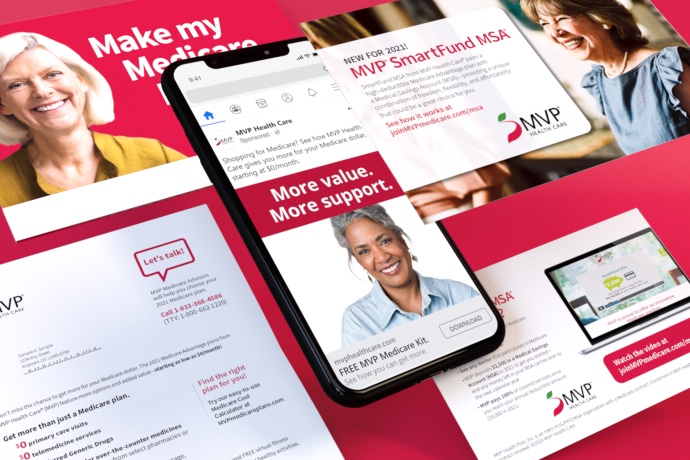Google Search Updates and What They Mean for Healthcare Marketer’s SEO and Content Marketing

In the ever-evolving landscape of digital marketing, staying updated with the latest changes in Google’s search algorithms and features is crucial. The first half of this year has seen significant updates from Google, each with implications for search engine optimization (SEO) and marketing strategies. Let’s dive into these changes and understand what they mean for marketers and SEO professionals.
February: Google Partners with Reddit
In February, Google announced a partnership with Reddit, exclusively allowing content from Reddit’s application programming interface (API) to be featured prominently on the search engine results page and used within Google’s generative AI projects. For marketers, this means user-generated content on Reddit, such as reviews and discussions, can now significantly influence search visibility. This means it’s more important than ever to manage your company’s reputation and leverage positive patient experiences whenever possible.
March: Core Update, Including Changes to Combat Spam and AI Content
March brought a crucial update, including a change to combat spam and low-quality, AI-generated content. The update aims to promote helpful, original content while reducing the presence of unoriginal or automated material. This move underscores the importance of producing high-quality, human-edited content – don’t just copy and paste from ChatGPT! The Core Update also included blocking expired, repurposed websites, changing its ranking system and devaluing sites with low-authority backlinks. Marketers should try to bring genuine value to users, aligning with Google’s Experience, Expertise, Authoritativeness and Trustworthiness (EEAT) principles.
May: Google Introduces AI Overviews
In May, AI Overviews (AIOs) were introduced in an attempt to improve user experience by providing AI-generated answers to complex queries. While these overviews can enhance search experience by delivering quick answers, they have caused a stir within the SEO community. AIOs might lead to more zero-click searches, and a study has indicated a negative correlation between appearing in AIOs and organic traffic. We expect that while AIOs might reduce overall traffic, they could lead to more engaged users. Marketers should monitor how their traffic and engagement metrics evolve with these changes.
Google decides when AIOs appear, and they vary by industry, with 63% of healthcare keywords sparking an AIO. Unfortunately, AIOs can be inaccurate or biased due to the nature of generative AI. Additionally, there are no specific optimization techniques to get featured in AIOs, and websites cannot opt out of being included. As of June, research showed that AIOs have decreased in both frequency of appearance and size on the page, perhaps indicating that Google is refining the tech following consumer criticism.
June: Spam Reduction Update
In June, Google continued its efforts to reduce spammy search results with a week-long spam update. The update targeted websites that violate the existing spam policies, like sites with poor-quality or duplicate content, AI-generated content for the purpose of improving search results, and sites that used hidden redirects or other sketchy techniques.
Best SEO Strategies Moving Forward
To navigate these updates effectively, healthcare marketers and SEO professionals should consider the following strategies:
- Leverage UGC: Whenever possible, incorporate user-generated content like reviews, forums and patient testimonials. For industries with stricter regulations, like healthcare, focusing on EEAT principles can help SEO. So can highlighting thought leadership, awards, accolades and member satisfaction surveys.
- Avoid Unedited AI Content: While AI tools can be helpful when creating content, it should not be used without human oversight. Editing and adding a unique point of view or personal touch is crucial to meet Google’s quality standards and rank higher on the search engine results page.
- Produce Valuable Content: Focus on creating content that genuinely adds value for patients, members and prospects. High-quality, informative and engaging content will always be favored by Google’s algorithms.
- Monitor Traffic and Engagement: With the introduction of AIOs, it’s essential to keep an eye on how these changes affect your site’s traffic and user engagement. Tools like Google Analytics and Media Logic’s DataSnap (plus Media Logic’s experience and expertise) can help you track, analyze and respond to these metrics effectively. It’s also crucial to continue monitoring changes in Google’s algorithm and stay nimble when it’s time to shift your SEO strategy.
Google’s recent updates emphasize their goal to improve the user experience by elevating high quality content. By focusing on delivering a high-quality, informative experience for members and prospects, digital marketers can improve their SEO and help their audience find the information they need.
Any questions? Reach out to Media Logic today.






